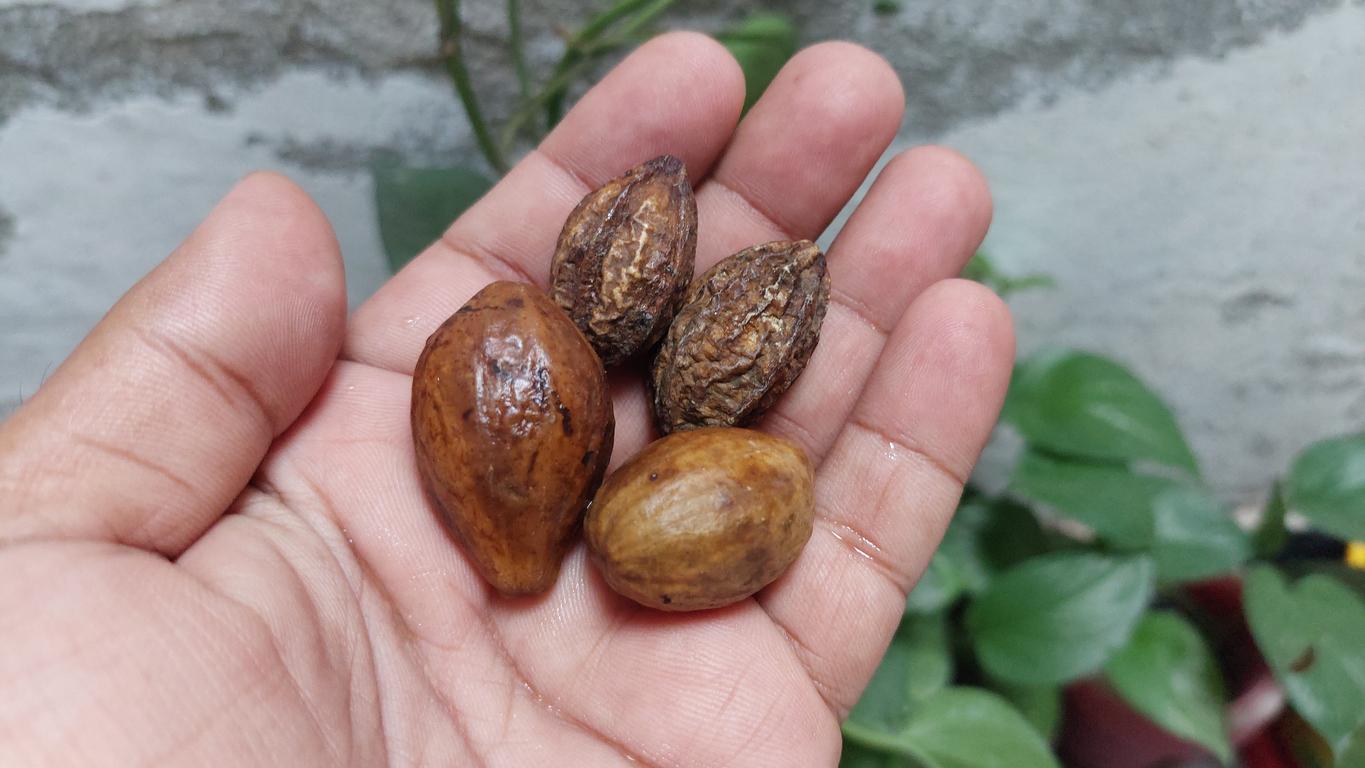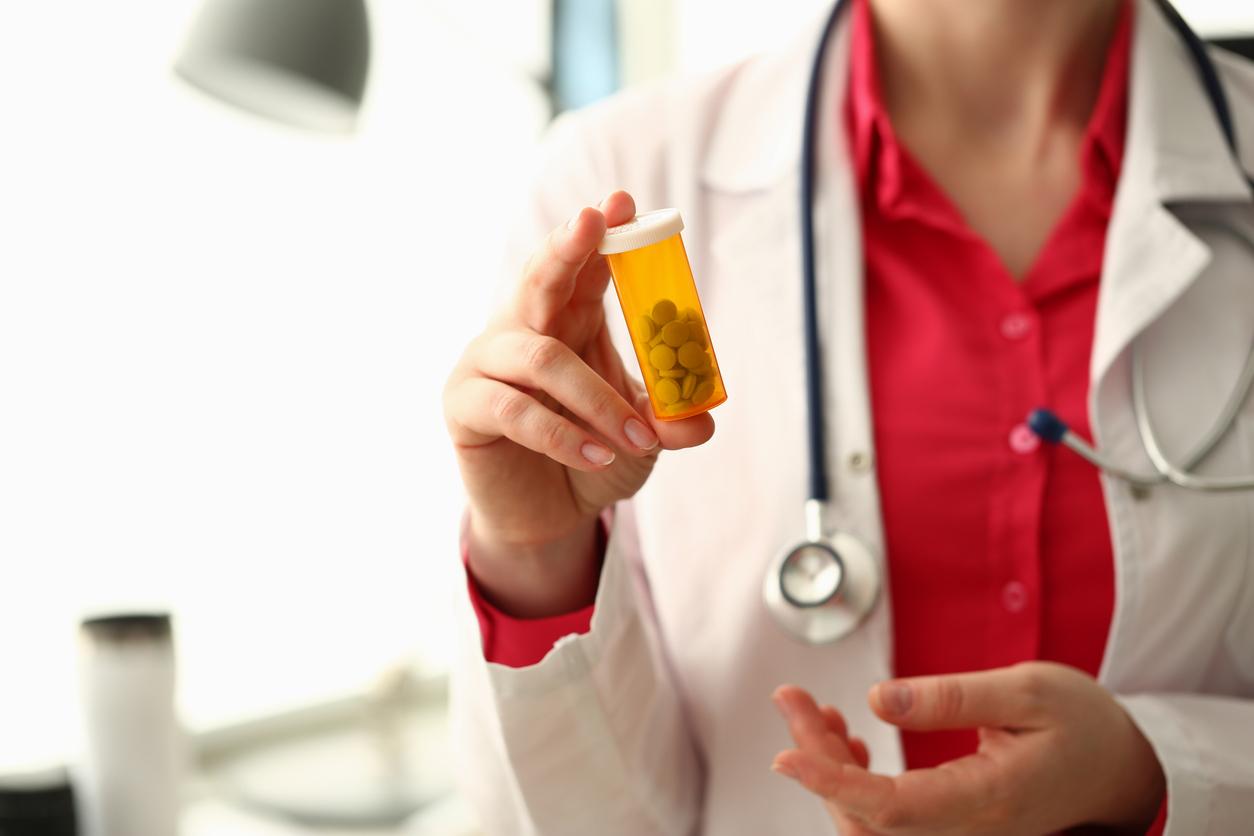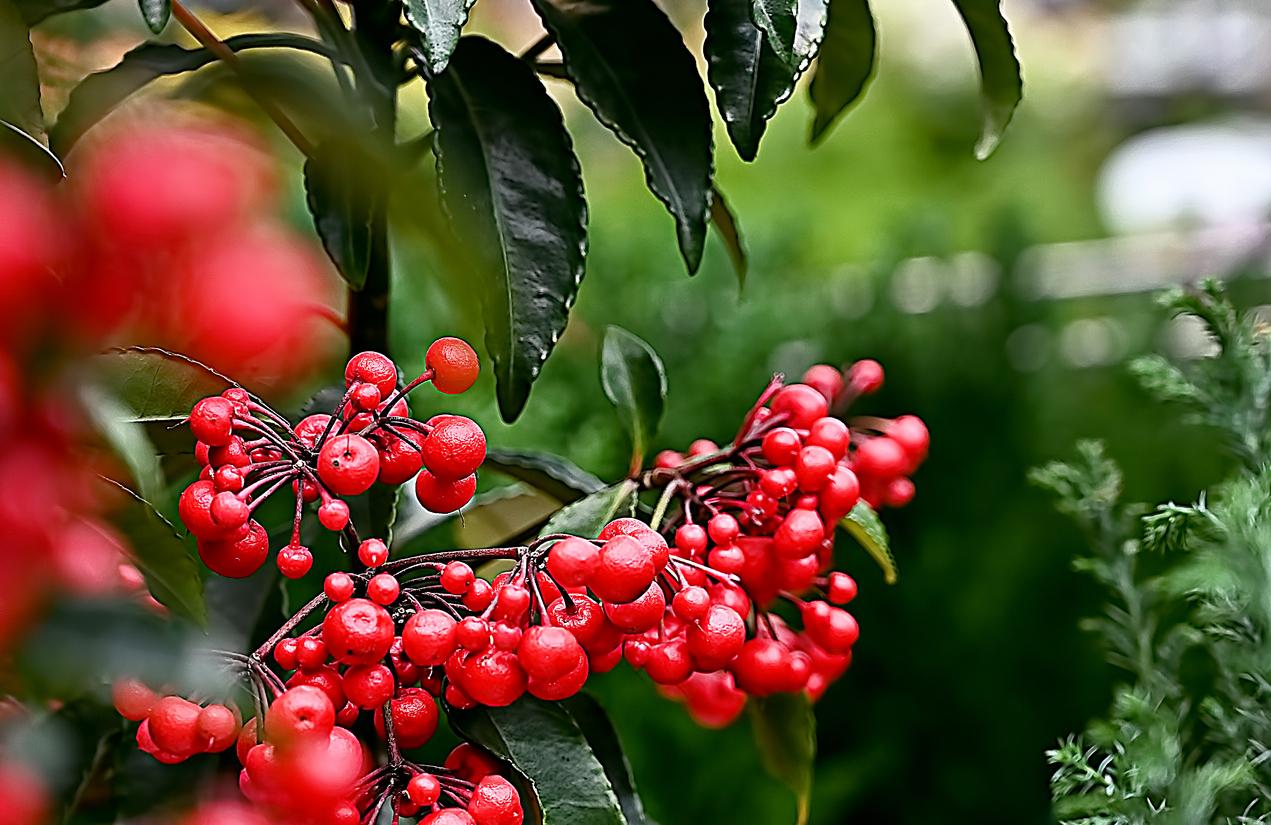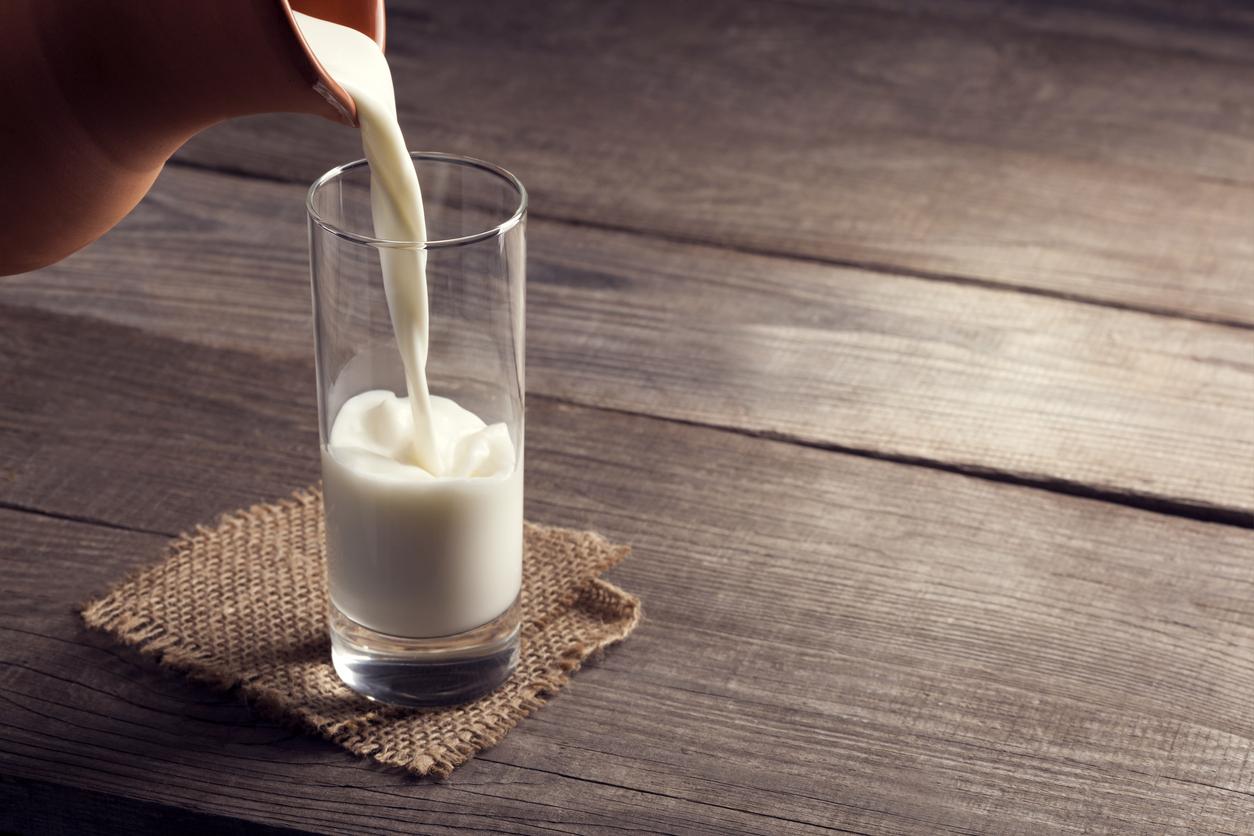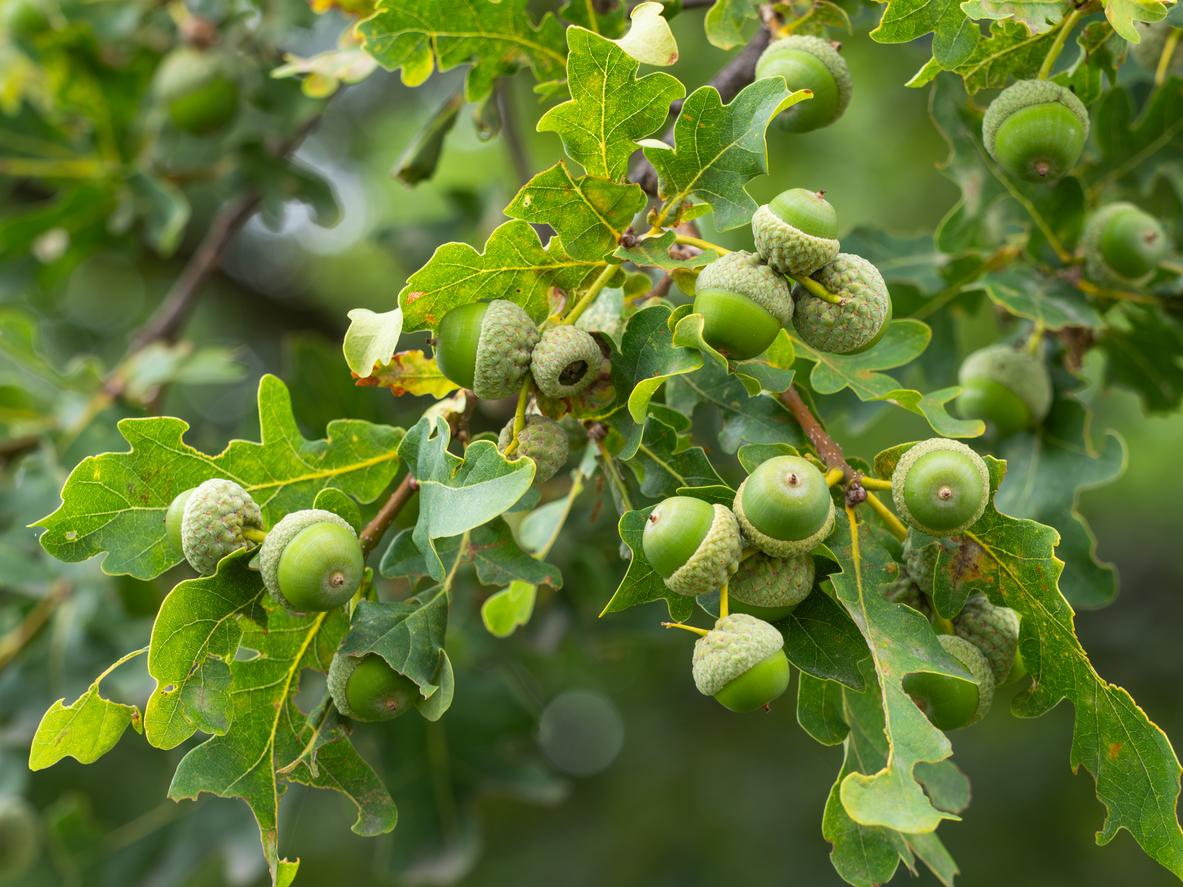Where does rhodiola come from?
Rhodiola (Rhodiola rosea) is a popular medicinal plant of the Vikings. It is more widely in Siberia and Scandinavia that it has forged a solid reputation as a medicinal plant. It has been attributed since Antiquity with the virtues of improving endurance, sexual vigor, memory, and even longevity.
During the 20th century, Russian researchers looked into the properties of this plant, reputed to be able to treat fluand which would help prevent the tuberculosis and the cancer. Rhodiola is considered an adaptogenic plant, capable of boosting the body, just likeeleutherococcus.
Recent scientific studies have effectively highlighted the many therapeutic virtues of rhodiola, it is now used in the composition of several pharmaceutical products. Studies are still conducted regularly to deepen knowledge of its many benefits.
Even today, in Siberia, newlyweds are offered rhodiola root so that they give birth to healthy children.
What are the properties and benefits of rhodiola?
Rhodiola is composed of Rosavinof ralidrosive (these two bioactive principles are renowned for their antidepressant effects And anxiolytics), flavonoids (natural antioxidants that protect cells and organs from free radicals)twelve amino acids, twenty minerals and many vitamins, tannins and antioxidants.
- It is generally recommended to promote cognitive performance. If the scientific studies do not formally attest its effect, they demonstrate an effectiveness in case of fatigueespecially when related to stress. It is therefore recommended during periods ofexams or of stress at work.
- Particularly rich in antioxidantsrhodiola is a valuable ally in protecting cells from free radicals and toxins to prevent premature aging.
- Rhodiola may help prevent amenorrhea andinfertility. However, it cannot be considered a treatment, as there is no conclusive scientific evidence to suggest that this herb promotes fertility.
- It could be as effective in humans, in case of erectile dysfunction.
- Rhodiola helps boost the immune response, especially in case of flu. It is also recommended in case of convalescence.
- Rhodiola has long been used by people living in the northern mountains to combat the lack of oxygen in these areas. It acts on the functions of the circulatory system, in particular on the oxygen supply in the blood.
How to use rhodiola?
Rhodiola is a dietary supplement available in parapharmacy And specialty shops. Caution should be exercised when purchasing as it is frequently stamped “Rhodiola“. To fully benefit from its properties, it is recommended to choose the variety Rhodiola rosea.
- In capsules : To fight against stressit is usually recommended to take 500 mg per day, between meals. A study conducted on people suffering from burnout concluded that there was a marked improvement in the main symptoms after 3 months of daily intake of 400 mg of rhodiola extract. To fight against depression, it can also be combined with saffron (recent depression) or St. John’s wort (old depression).
- Infusion : rhodiola root is prepared as an infusion of 3 grams per cup for 10 minutes, to drink after breakfast and lunch.
- liquid extract : 1 to 2 ml taken 3 times a day, it can be added to coffee, tea or any other drink.
However, it is advisable to follow the advice of a health professional to identify the right dosage according to your state of health and the desired benefits.
Rhodiola contraindications
- Rhodiola is contraindicated in pregnant or breastfeeding women, as well as in people suffering from kidney disease. Toxic at high doses, it is essential to respect the dosage of food supplements based on rhodiola.
- This plant also causes Side effects : I’hypertension and excitement. It is to be avoided in cases of manic-depressive psychosis. It is also likely to increase the effect of stimulating plants. In any case, we will avoid the consume in the eveningbecause it can cause insomnia.
- Finally, rhodiola has interactions with different drug treatments, as well as with different plants and food supplements.
- It is contraindicated if your treatment includes ACEI (angiotensin converting enzyme inhibitors), whose effects it increases.
- Rhodiola is also incompatible with supplements intended to increase sports or sexual performance, or to promote concentration or sleep: ginseng, lemon balm, pepper mint.
Sources:
https://hal.univ-lorraine.fr/hal-01734285/document
Read also: Fennel: does it make you lose weight, what benefits, how to consume it?Harpagophytum: health benefits, dosage and contraindicationsGinkgo Biloba: benefits, effects on memory, how to use it?Eucalyptus: all about its benefits












